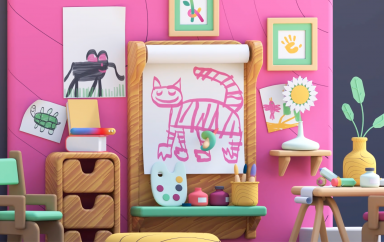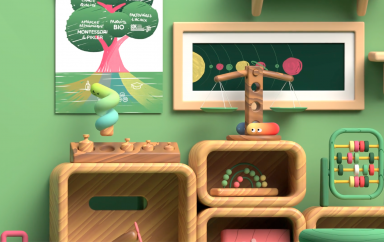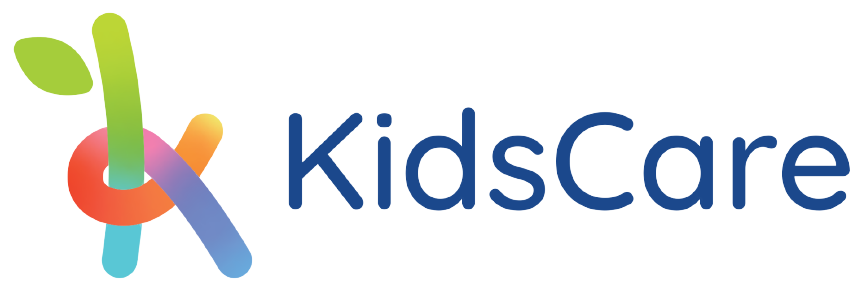Our unique pedagogical approach
Bilingualism in the Swiss KidsCare daycares
« Cultivating the pleasure and desire to learn.».
Why bilingualism in daycares ?
In our daycares, language learning is at the heart of our pedagogy and simple exposure to a language allows spontaneous learning. It is recognised that bilingual children quickly acquire an intellectual flexibility that enriches their thinking and learning. Therefore integrating it into our daycares from an early age was an obvious choice.
From a research point of view, the pre-school period and daycare are conducive to language learning because of the child's brain's capacity to adapt. Although we learn throughout our lives, advances in neuroscience have shown that before the age of six, children's brains are at an ideal stage of development for learning and discovery. All the senses are alert: a highly developed ear, a great talent for imitation, a desire and need to communicate, to share and to be understood.
How bilingualism is integrated into a child's development?
Bilingualism is offered in the form of suggestions, without precise learning objectives or expectations of results, allowing children to acquire knowledge in a fun way that respects their developmental pace. Children are seen as their own agents of development.
In concrete terms, in our daycares, bilingualism is gradually integrated into the children's daily routine:
- Nursery: the discovery
- Toddlers: the introduction
- Preschoolers: the immersion
One person, one language
Our many years of working with bilingual young children have shown us how important it is for them to associate a language with a specific place and person. That's why our teams are made up of professionals who work with children in childcare centres in either French or English.
Openness to both languages fosters children's curiosity, respect and tolerance, recognition of themselves and others, and self-esteem through being understood.


Our multi-pedagogical approach
« There is no pedagogy that does not starts by awakening the desire to learn. »
Our daycares practices are inspired by different pedagogical methods that reflect our values: Encouraging autonomy, emotional expression, and self-esteem. Helping children develop a positive relationship with themselves, others, and the world. Encouraging the acquisition of language and all forms of intelligence.
To achieve this, we draw on a range of teaching methods:
- Pikler: this approach emphasises the importance of caring for the child, respecting the child's rhythm and the quality of the relationship between the adult and the child.
- Montessori: this pedagogy puts the emphasis on the child as a player in his own development, by offering freedom of choice in the activities offered, and the quality of the layout to encourage the desire to learn and discover.
- Reggio Emilia: This pedagogical approach recognises the child as a unique being, capable of knowledge through the presence of an adult who invites discovery. It encourages a multitude of means of communication through art and creativity.
And many more, whether by other educationalist or thanks to the many professional skills of our educational teams. Their diverse and varied backgrounds and training are a real asset. Our aim is always to ensure that the learning pace and needs of each child are respected.
Our labels
Giving visibility to quality
Various cantonal labels give visibility to the educational projects and actions that are carried out daily with children around themes that are close to our hearts:
- Né pour lire (Vaud,Fribourg and Bern): "Born to read" a label that highlights the importance of reading for children. Time spent with books encourages the development of language, imagination and sharing with adults and peers.
- Signons ensemble (Vaud and Fribourg): a label that emphasises communication. Sign communication gives children who are not yet able to speak the opportunity to express their needs and be recognised and enables adults to respond to their needs.
- Eco schools (International): a label recognised by Unesco that promotes eco-responsibility and recognises children as the citizens of tomorrow.
- Youp'là bouge (Vaud): a cantonal label that highlights the importance of daily movement for children. Movement helps develop motor skills and self-esteem.
For more information about each Daycare accreditation, visit their info page.

